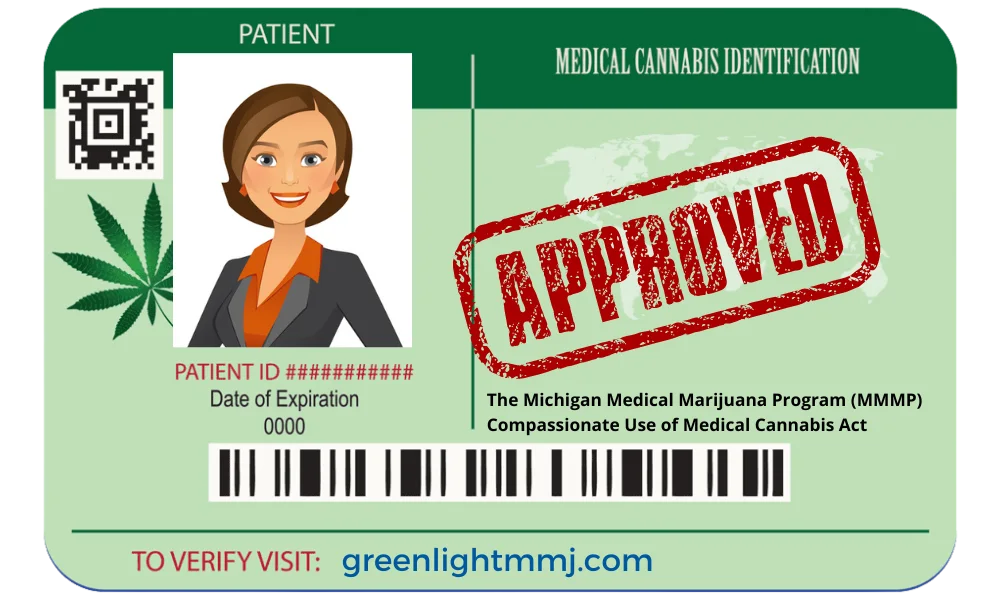Top Medical Marijuana Doctor Clinton MS for Specialist Examination
Top Medical Marijuana Doctor Clinton MS for Specialist Examination
Blog Article
Shedding Light on What Medical Cannabis Can Heal: a Thorough Evaluation of Its Healing Characteristics
In recent years, there has been a growing rate of interest in the restorative capacity of medical marijuana. While anecdotal proof is plentiful, an extensive exam of the scientific data regarding the efficiency of clinical cannabis in dealing with these problems is required.
Persistent Discomfort Management
Chronic discomfort administration remains an essential facet of treatment, demanding a thorough approach for reliable therapy. In recent times, clinical cannabis has arised as a potential restorative alternative for people struggling with persistent pain problems. The endocannabinoid system, which plays a critical duty in discomfort modulation, has been targeted by cannabis-based treatments to relieve signs and symptoms and enhance lifestyle for individuals.

Furthermore, clinical marijuana offers an appealing alternative for individuals that experience unbearable negative effects from standard pain medicines. Its capability to address discomfort through a various system makes it an important addition to the arsenal of therapies offered for chronic pain administration.
Epilepsy Treatment Potential
Medical marijuana has revealed promising potential in the treatment of epilepsy, using an unique healing strategy for handling seizures in clients. Epilepsy is a neurological disorder identified by reoccurring seizures, influencing people of every ages. Conventional therapies for epilepsy include antiepileptic medicines, but these medicines may not work for all individuals and can have considerable adverse effects.
Study on using clinical cannabis for epilepsy has revealed motivating results. Cannabidiol (CBD), a non-psychoactive substance located in cannabis, has actually been specifically highlighted for its anticonvulsant buildings. Studies have actually shown that CBD can lower the frequency and severity of seizures in people with treatment-resistant types of epilepsy, such as Dravet syndrome and Lennox-Gastaut syndrome.
In Addition, the FDA has authorized a CBD-based medicine, Epidiolex, for the treatment of seizures connected with these extreme forms of epilepsy. This landmark highlights the growing acknowledgment of medical cannabis as a beneficial therapeutic choice for managing epilepsy and gives hope for people who have not responded well to traditional therapies.
Nausea Relief Conveniences
The alleviation of nausea or vomiting via the use of marijuana has been progressively acknowledged for its therapeutic advantages in numerous clinical conditions. Nausea and vomiting prevail signs and symptoms experienced by clients undergoing radiation treatment, those with food poisonings, and individuals with persistent pain conditions. Clinical marijuana, with its energetic substances such as THC and CBD, has revealed pledge in giving remedy for queasiness.

Furthermore, medical marijuana provides a natural alternative for people who do not respond well to conventional anti-nausea drugs or who experience extreme adverse effects from these drugs. Individuals going through radiation treatment, in particular, have actually reported considerable renovations in their quality of life when utilizing cannabis to manage nausea. As research study in this field remains to grow, clinical cannabis is increasingly being considered as a beneficial option for nausea or vomiting relief in numerous clinical settings.
Anxiousness Decrease Effects
Studies have actually shown the potential of marijuana in reducing stress and anxiety signs via its communication with the endocannabinoid system. The endocannabinoid system plays an essential function in managing feelings, including anxiousness, by keeping homeostasis in the body. Cannabinoids in cannabis, such as THC and CBD, engage with the endocannabinoid receptors in the mind, particularly the CB1 and CB2 receptors, to modulate anxiety-related actions.

Clients with conditions like generalised anxiety disorder (GAD), social stress and anxiety condition, and post-traumatic anxiety condition (PTSD) might gain from the anxiolytic buildings of cannabis (Medical Cannabis Doctor). Nevertheless, more research is required to identify optimum dosages, distribution approaches, and long-term impacts on anxiousness monitoring.
Potential for Inflammation Control
With its this page well-known anti-inflammatory buildings, cannabis has actually shown guarantee in possibly managing swelling within the body. Inflammation is the body's natural action to injury or infection, yet when it becomes persistent, it can add to numerous diseases such as arthritis, peak physical therapy inflammatory digestive tract condition, and even heart illness. Study suggests that the cannabinoids discovered in marijuana, such as THC and CBD, can help decrease and control the immune action inflammation.
Studies have actually revealed that marijuana can interact with the endocannabinoid system, which plays a vital role in regulating inflammation. By targeting the cannabinoid receptors, marijuana compounds can modulate the immune feedback, resulting in a reduction in swelling degrees. This makes cannabis a prospective prospect for taking care of inflammatory conditions where conventional treatments have failed.
Furthermore, cannabis-derived products like CBD oil have actually gained popularity for their anti-inflammatory properties, with lots of individuals using them as a natural solution for conditions connected with swelling. While more research is required to fully comprehend the devices behind cannabis's anti-inflammatory results, existing findings show encouraging outcomes for the possible use clinical cannabis in regulating inflammation.
Conclusion
Finally, medical marijuana has actually revealed encouraging healing properties in handling chronic pain, dealing with epilepsy, alleviating nausea or vomiting, lowering anxiety, and managing swelling. Its prospective benefits in numerous medical problems highlight the importance of more research study and expedition into its medicinal use. The proof suggests that clinical marijuana might be a useful choice therapy option for patients looking for relief from an array of signs and problems.
In recent years, click now clinical marijuana has actually arised as a possible restorative alternative for people suffering from persistent pain conditions.Medical cannabis has actually revealed encouraging potential in the therapy of epilepsy, offering a novel therapeutic method for taking care of seizures in individuals. As study in this location proceeds to expand, medical marijuana is significantly being thought about as an important option for nausea or vomiting relief in numerous medical setups.
In conclusion, clinical marijuana has actually shown encouraging therapeutic residential properties in taking care of persistent discomfort, treating epilepsy, easing nausea or vomiting, reducing stress and anxiety, and managing swelling. The proof suggests that medical marijuana might be a beneficial alternative treatment choice for clients looking for relief from a variety of conditions and signs.
Report this page